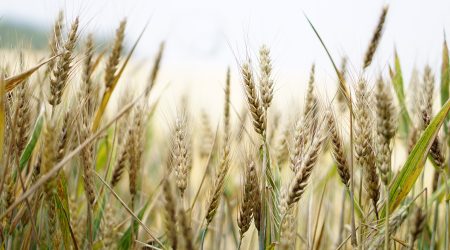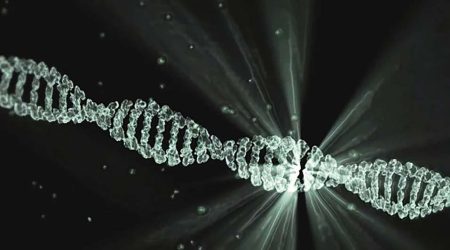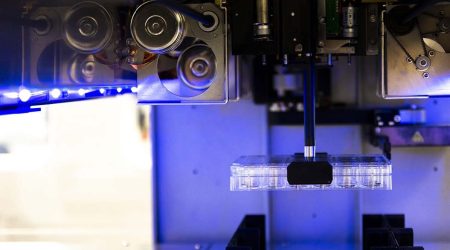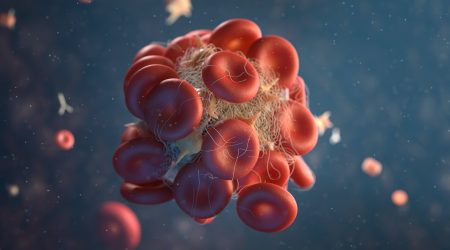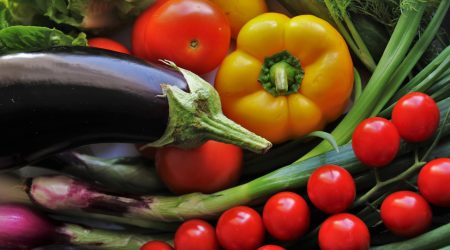
The message in the noise: characterisation and quantification of noise in alternative splicing
Nearly all human genes undergo alternative splicing (AS) - the process by which different transcripts are generated from a single gene. AS can generate transcripts with strikingly different functions, either due to truncation of the protein coding sequence or alteration of functional domains. AS is highly regulated during development and across tissues involved in processes such as cell differentiation, migration, and cancer.
Details
